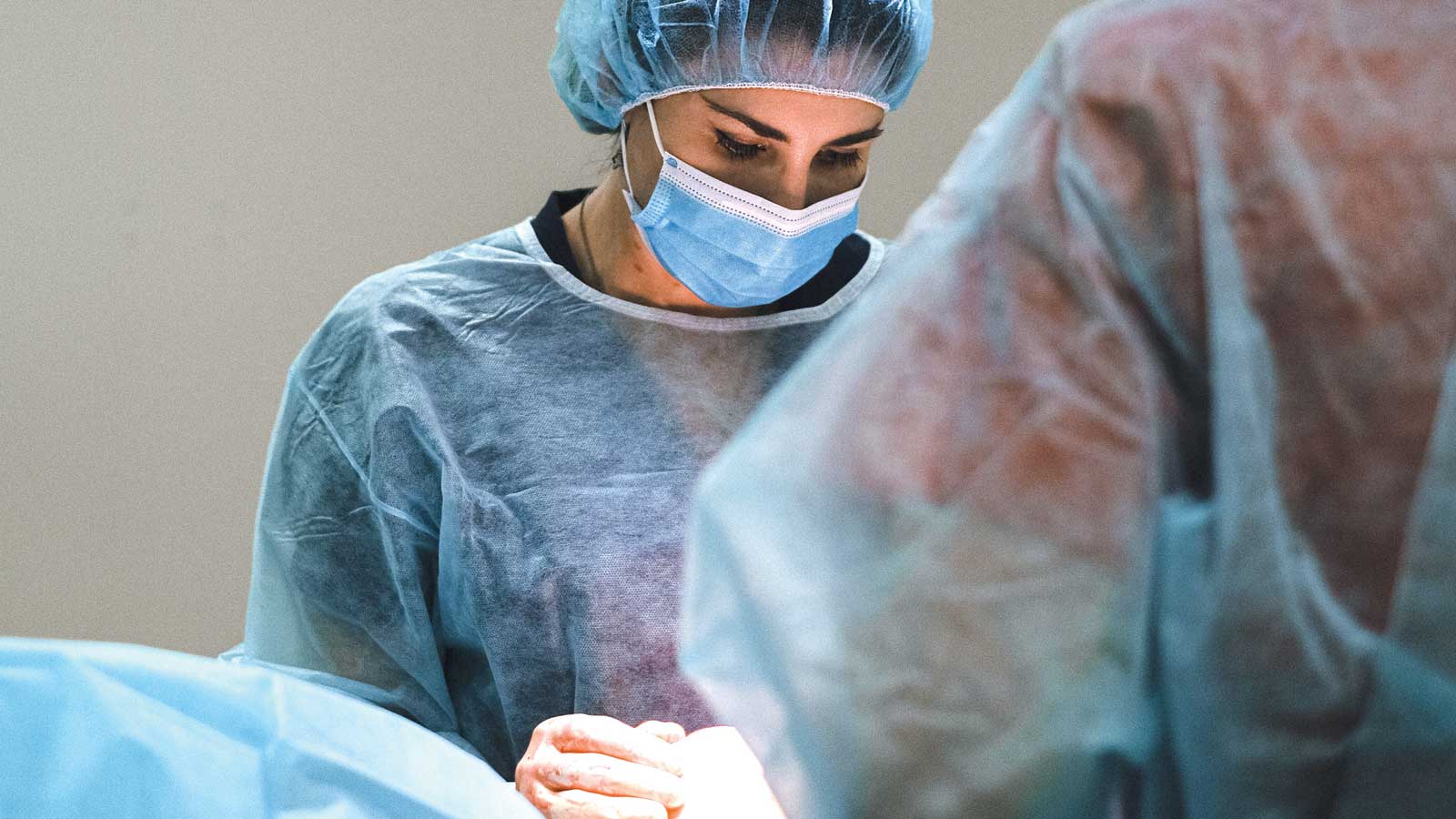This article originally appeared in the 2020 issue of Rice Engineering Magazine.
Nearly everything that happens in hospitals takes more time and is potentially more dangerous since the start of the COVID-19 pandemic. Hospital personnel are working more and longer shifts, care of COVID-positive patients is often painstaking and time-consuming, and additional time must be devoted to decontamination procedures.
How do you efficiently schedule nurses when patient hospitalization rates have soared and everyone is working longer, less predictable shifts?
“It’s a real challenge. You have to figure out how many nurses to schedule, what levels of care different patients require, the type of experience various nurses have, what nurses should be on-call, many, many factors. That’s what we’re working with,” said Silviya Valeva, a postdoctoral research associate in computational and applied mathematics (CAAM).
In collaboration with Nicole Fontenot, an instructor in nursing at Methodist Hospital in Houston, Valeva and colleagues at Rice are developing flexible mathematical models for multi-stage nurse scheduling in times of uncertain demand. Before the pandemic, scheduling nurses’ shifts was done by using fixed staffing algorithms developed for customary rates of patient admissions. They rely on demand forecasts.
Such decisions were usually made once per shift and offered little flexibility for its duration. Patient admissions are now less predictable. The CAAM researchers, using stochastic programming, are developing models for multi-stage nurse scheduling. They incorporate demand forecasts in making the initial staffing decisions, which permit revisions depending on patient volume.
As of Sept. 13, Methodist Hospital had processed 17,369 COVID-19-related patients, of whom 6,066 were hospitalized. Of that group, 5,345 were treated and released, and 549 died as a result of the disease.
“The models are calibrated specifically to the needs of Methodist Hospital,” said Valeva. “They will make sure not only that the right number of nurses are scheduled, but also the proper, balanced skill mix. The models are implemented and solved with existing optimization technology.”
The work is funded in part by a grant from the Rice COVID-19 Research Fund. Three master’s students in industrial engineering -- Edward Tang, Reva Guo, and Rahul Elangovan -- are part of the research team, along with Andrew Schaefer, Noah Harding Chair of CAAM; Illya Hicks, professor of CAAM; Joseph Huchette, assistant professor of CAAM.

